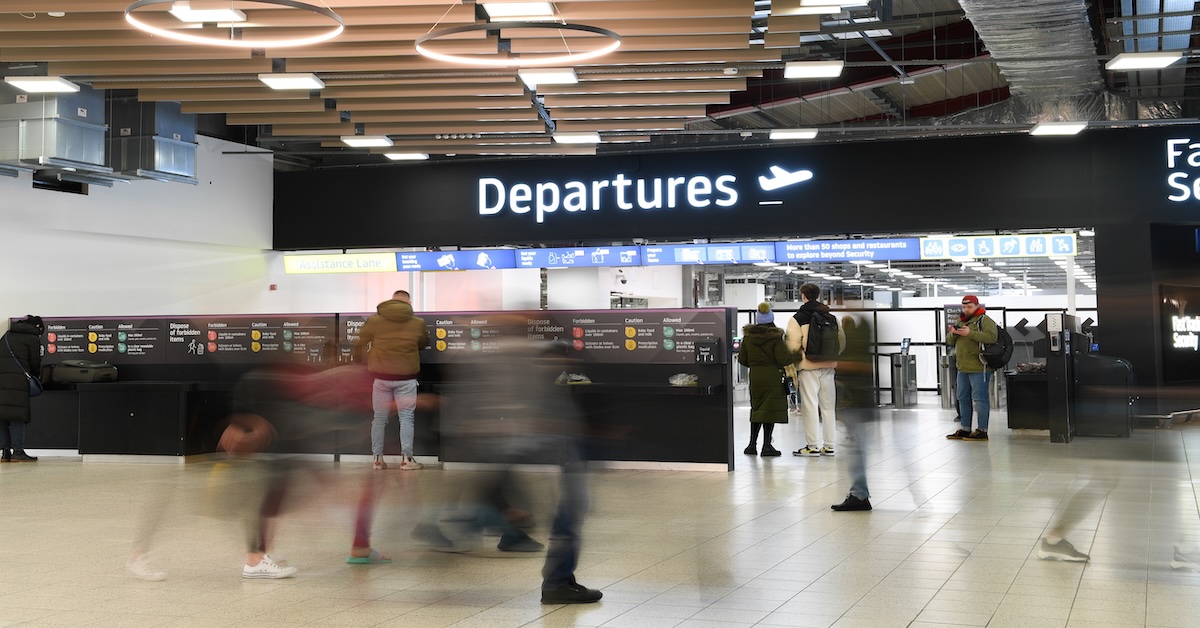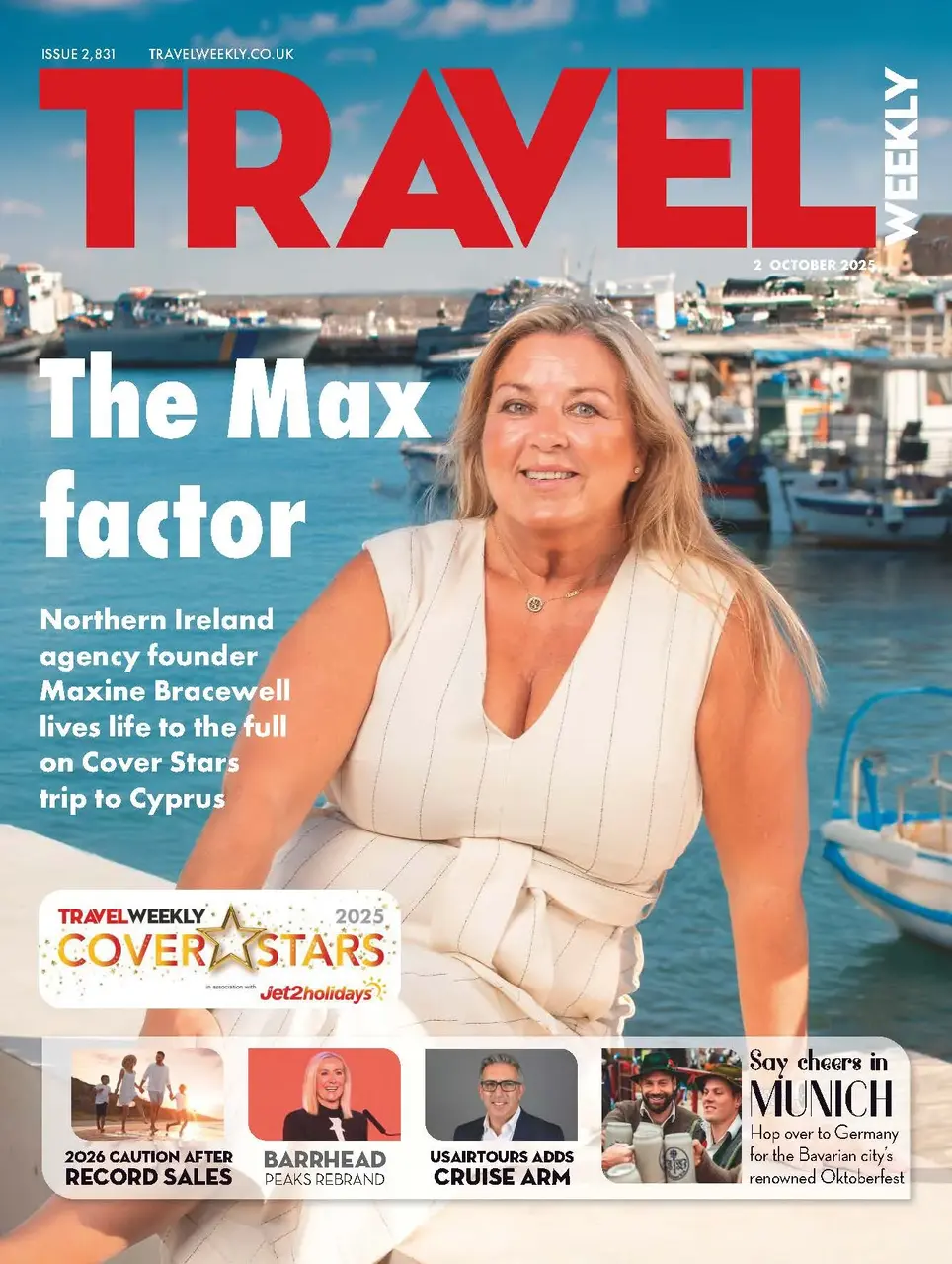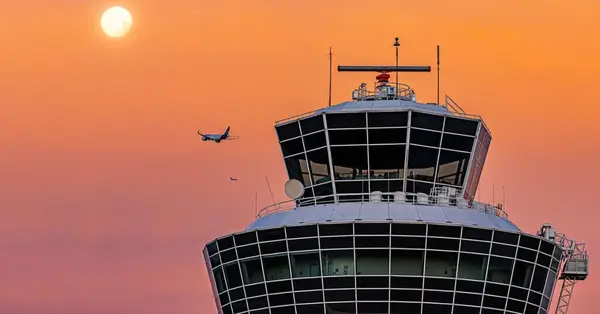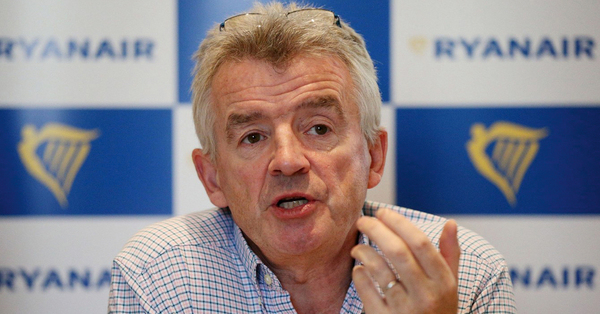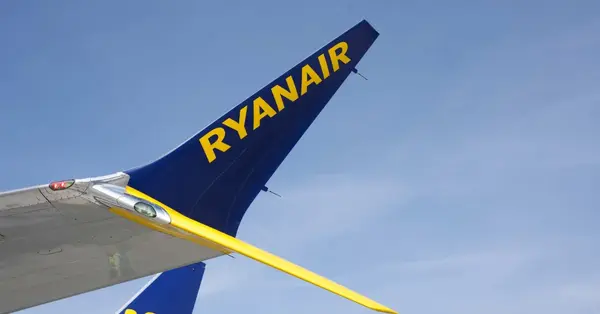BA and Virgin add weight to traffic light legal action
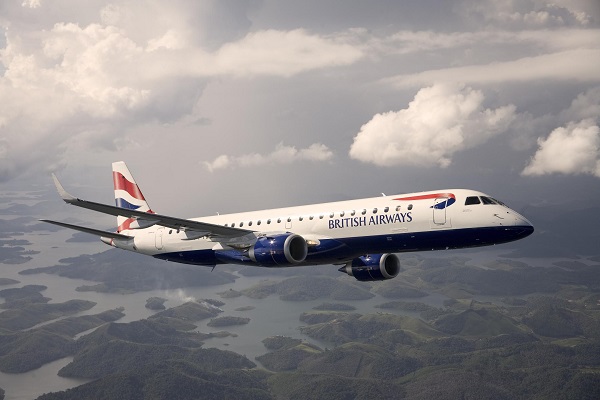
British Airways and Virgin Atlantic have added their weight to a legal challenge started by Manchester Airports Group and Ryanair calling for transparency in the government’s handling of its traffic light travel system.
The judicial review is backed by a number of other major UK airlines, with court papers revealing BA and Virgin Atlantic as interested parties, according to the Telegraph.
The aviation businesses say the government has not been clear about how it has made decisions about the categorisation of countries as red, amber or green.
While the judicial review is being led by the owner of Manchester, Stansted and East Midlands airports, a number of airline partners are supporting the challenge, “reflecting the widespread discontent within the travel industry at the way the issue is being handled”.
More: Clive Jacobs calls for industry backing of legal challenge to government
Industry legal action can ‘raise the stakes without breaking the law’
They argue that the current “opaque way” that decisions are being made is undermining consumer confidence to book summer holidays and makes it impossible for airports, airlines and other travel companies to plan for the recovery of international travel or work with the government on future reviews.
In court papers – in which both health secretary Matt Hancock and transport secretary Grant Shapps are named as defendants – MAG says the government has a duty to clearly explain how it makes decisions on categorising countries, and to publish the supporting data, given the “dramatic” impact these decisions have on aviation businesses.
MAG points to government assurances that decisions would be made in a clear and transparent way and say that this is one of the reasons it must provide clarity as to the way assessments on red, amber, green classifications are done, and what the results of them are.
The judicial review has been prompted by the lack of transparency in how the government made decisions in its first review of the traffic light lists on June 3 which saw Portugal unexpectedly move to amber, causing chaos for the travelling public and industry alike.
No other countries were categorised green, despite there being “compelling data” to support some being classified as low-risk.
The action requests proper transparency in the ongoing decision-making process of the three-weekly reviews of the lists, with the next due towards the end of June.
MAG is calling on the government to publish the Covid-19 prevalence thresholds it uses to determine whether destinations are classed as red, amber or green, as well as any other criteria, advice or information that informs its decision-making.
Which? Travel editor Rory Boland said: “The government’s handling of the traffic light system has caused huge uncertainty among holidaymakers who have already booked a trip. They face difficult decisions over whether to travel against government advice and quarantine on their return, or potentially lose the cost of their holiday.
“Few tour operators and airlines allow for refunds when a country changes from green to amber, and rebooking often involves paying more money. Those who are abroad when changes are made to the system may be forced to rush home early if they cannot quarantine, which can also come with significant costs.
“The government needs to take greater responsibility for making sure that travellers are not left out of pocket when these changes take place. This includes ensuring that destinations on the amber and red lists also come with a warning against travel from the FCDO, which should trigger package holiday providers to offer refunds to those who can no longer travel.”
More: Clive Jacobs calls for industry backing of legal challenge to government
Industry legal action can ‘raise the stakes without breaking the law’
You have viewed both of your 2 free articles this month as an unregistered user
To continue reading, please register with Travel Weekly free of charge, or if you have already registered click here to login



